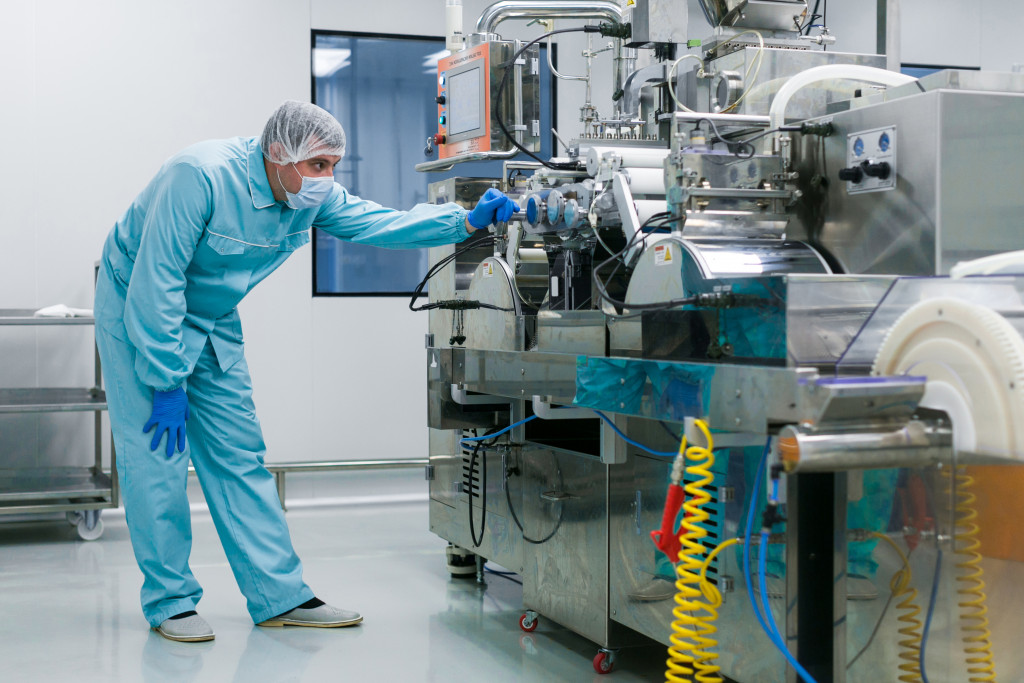- Sustainable sourcing and renewable energy practices are being implemented to reduce the environmental footprint of food and beverage companies.
- Digitalization is being used to improve operations within the industry.
- Technologies can help companies reduce costs, streamline operations and enhance customer experiences.
- Smart packaging solutions offer brands an eco-friendly branding opportunity and better customer experience through personalized promotions and improved waste management.
The food and beverage industry has seen an unprecedented surge in innovation over the past few years. From new products to technological advancements, manufacturers are pushing boundaries to provide consumers with delicious yet nutritious options. This blog post explores some of the key trends shaping the future of this sector.
Sustainable Practices
Sustainability in the food and beverage industry is no longer an option, it’s a necessity. More and more businesses are shifting towards greener production methods to reduce their environmental footprints. Here are ways to make the food and beverage industry more sustainable:
Sustainable Sourcing
Companies are investing in sustainable sourcing practices to offer customers organic and locally-grown food options. This approach helps reduce food miles and opportunities for environmental contamination and waste. Examples include sourcing locally-caught fish, using natural fertilizers, and reducing food waste.
Renewable Energy
This is being utilized to power factories and reduces reliance on non-renewable sources. Solar, wind, and geothermal energy are being explored for use in food processing and packaging facilities. These allow companies to process and package their products with minimal environmental impact.
Reduced Waste
Food and beverage manufacturers are investing in cutting-edge technologies to reduce the amount of waste produced from their operations. Examples include using reusable packaging materials, investing in waste-reducing equipment, and finding ways to repurpose byproducts. By taking this approach, food and beverage companies are able to reduce their environmental impact and ensure the safety of the environment.

Digitalization
The food and beverage industry is leveraging digital technologies to improve its operations. Companies are embracing a smarter way of doing business from digital ordering systems to data analytics. This approach allows them to monitor and adjust their processes and improve customer experience. Investing in digital transformation can help companies reduce costs, streamline operations, and enhance customer engagement.
Filling Solutions
Filling machines are integral for businesses operating within the food and beverage industry as they allow quick and efficient packaging that meets safety standards. These machines offer a range of filling solutions for different products and can be tailored to meet the needs of each business.

Gearboxes
Gearboxes play an essential role in volumetric filling solutions by converting rotational force into linear motion, allowing containers to be filled at various speeds depending on what product is being packed. Cutting-edge technology has enabled gearboxes to become more integrated with their host systems — this enables them to monitor variables such as power requirements or even temperature changes which helps prevent potential malfunctions before they happen.
Sourcing from quality gearbox manufacturers enables businesses to ensure the longevity of their machinery. This way, they can keep up with the industry’s ever-changing demands and remain competitive while providing quality products.
Rotary Fillers
Rotary fillers are commonly used in the food and beverage industry. This machine is designed to fill containers with a predetermined amount of product safely. It can also automatically detect over or underfilled containers and can be programmed to reject them accordingly.
Robotic Automation
Robotic automation is being used to improve the speed and accuracy of operations within the food and beverage sector. This technology can provide businesses with the scalability needed to manage high volumes of products at a fraction of the cost. Additionally, robots are capable of completing tasks with greater accuracy than humans, reducing the risk of human error.
Smart Packaging Solutions
These solutions give companies greater control over how their products are handled along the supply chain — from monitoring expiration dates at retail stores through RFID tags all the way down to tracking customer usage patterns via smart labels (connected via Bluetooth). This offers numerous benefits ranging from better customer experiences (e.g., personalized promotions) to improved waste management (alerting customers when items near their expiry date). Furthermore, many smart packing materials powered by renewable energy sources (e.g., solar cells) have been created, which can offer brands an eco-friendly branding opportunity.
The food and beverage industry is constantly evolving, and manufacturers are looking to stay ahead of the curve by investing in cutting-edge technologies and sustainable practices. By investing in the above solutions, businesses in this sector can keep up with the ever-changing demands of their customers while reducing their environmental footprints.






